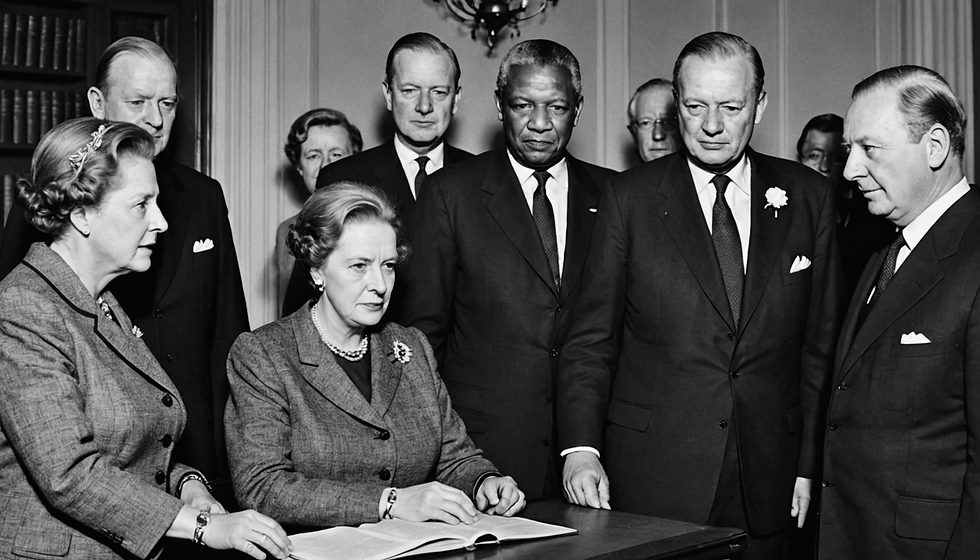Dead end: Focusing on "positions" not "interests" in a negotiation
- R.M. Boylan

- Feb 26
- 2 min read
R.M. Boylan BSc. M.A.

Canada US Trade Wars: Focusing on positions can lead the negotiator astray
Throughout my career in market access and negotiations, I've observed this frequently. When individuals are solely focused on completing a task, they often lose sight of the main objective. We might spend 1-2 years preparing submissions for a negotiation to introduce a medicine to the market, but if the submission is based on a position, it will not succeed in the review. It's crucial to anticipate obstacles and incorporate them into the plan and submission for market access. You can only do this by developing a negotiation strategy and plan from a negotiation process to uncover the "interests" hiding below the "positions".
This is intended not as a critique, but to provide a specific example of the negotiation process in action, illustrated by the Canada & US trade wars.
With this understanding, we can also improve ourselves. We will recognize how things can be done more effectively through a comprehensive, precise negotiation process, strategy, and plan.
What I discussed several weeks ago in this article has now been validated. The border issue was a "Position". Occasionally, one side introduces confusion to disrupt the other, buying time. While the border issue opened a path, it was not the primary concern. One of the key "Interests" is the notion of making Canada the 51st state. Due to cognitive dissonance and confusion, Canada could not accept it. But it is real. This interest from the point-of-view of the other must be dissected. In other words what would that look like? By doing this risk assessment we will see how this could work or not work. In so doing, we are capable of discussing the issues and debating them intelligently. Either way Canada has been attacked with a threat relating to sovereignty. This will continue to create the stage from something else. It is always advisable to create a branding plan to convince the other party they are wrong. In a negotiation, the negotiator has to analyze all interests even if they appear outrageous.
Concentrating on the other party's positions instead of their interests taints the negotiation process. This hampers the attempt to discover a solution or to include the other party in "The Circle of Value." Moreover, this method squanders time on specifics rather than on strategy.
In this article, Mr. Trump states he will continue with tariffs on Canada regardless of any advancements at the border. In sales, this is referred to as a "false objection" or an "implicit need" in SPIN selling. Being distracted by superfluous objections slows down the effectiveness of the negotiation plan.
Numerous factors are involved, such as exploiting the border issue to conveniently undermine Canada's international reputation and sovereignty.





Comments